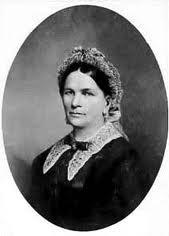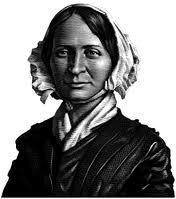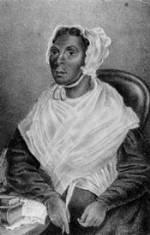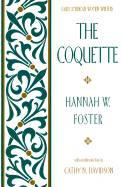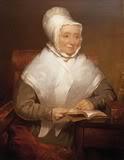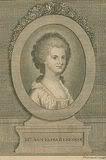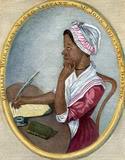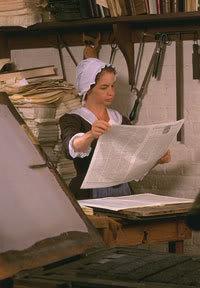Women in Education: Founder of Smith College Sophia Smith (1796-1870) founded Smith College in Northampton, Massachusetts in 1870 with the substantial estate she inherited from her father and siblings. The first woman in America to endow a college for women, Sophia Smith was not a social crusader, but she did believe that women’s power for good would “be incalculably enlarged” by higher education. Born on August 27, 1796 in Hatfield, Massachusetts, Sophia Smith was the fourth of seven children – and the first daughter – of prosperous farmers Joseph Smith and Lois White Smith. Of the seven Smith offspring, three died young and only Joseph Jr. married, producing no heirs. Sophia lived with her sister Harriet and brother Austin at…
